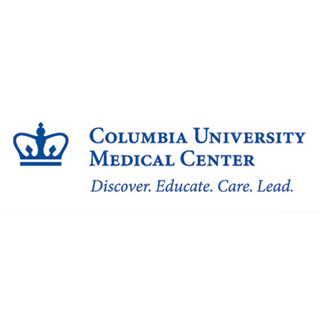
The loss of small, day-to-day memories may often be the first sign of Alzheimer’s. This disease is apparently expected to afflict about 120 million people worldwide by the year 2050.
The study’s lead author, Ottavio Arancio, Ph.D., associate professor of pathology and cell biology in the Taub Institute for Research on Alzheimer’s Disease and the Aging Brain at Columbia University Medical Center, commented, “People often joke that they must have Alzheimer’s because they can’t remember where they put their keys, but for a person with the disease, this type of short-term memory loss is extremely debilitating.â€
Dr. Arancio is of the opinion that the drug apparently targets an earlier unfamiliar fault in the brains of mice with Alzheimer’s.
The explanation why the drug may improve memory lies in the manner the brain apparently records fresh memories. To form latest memories, the neurons in the brain may produce new proteins. The first step is to open up and read the DNA, which may include commands for making proteins. To interpret the DNA, the neurons may connect a chemical reactive group to the reel around which DNA is supposedly firmly wound.
Co-author Yitshak Francis, Ph.D., a postdoctoral research scientist at Columbia, mentioned, “These groups, called acetyls, unwind the DNA to make it more accessible. It’s like unwinding knitting wool from its spool.â€
This unwrapping step, the experts discovered, may be damaged in mice with a type of Alzheimer’s disease. The mice with Alzheimer’s may combine about half as many acetyls to DNA as compared to ordinary mice and supposedly have poorer memory.
The experts then found that they could improve the memory in the Alzheimer’s-afflicted mice with a drug from a family of compounds which is presently used to treat cancer, known as HDAC inhibitors. It may augment the DNA’s spool acetylation and gene transcription. The drug apparently improved the performance of the mice to the level which is apparently found in normal mice.
Mauro Fà , co-author, Ph.D., associate research scientist in Columbia’s Taub Institute remarked, “Because this type of drug has already been approved for some cancer patients. We hope that clinical trials for Alzheimer’s disease can start in about three to four years.â€
Dr Francis mentioned that for making memories, you need transcription and protein synthesis at the cellular level. If an individual does not have that, then he/she may not have memory.
This study was published in the Journal of Alzheimer’s Disease.
